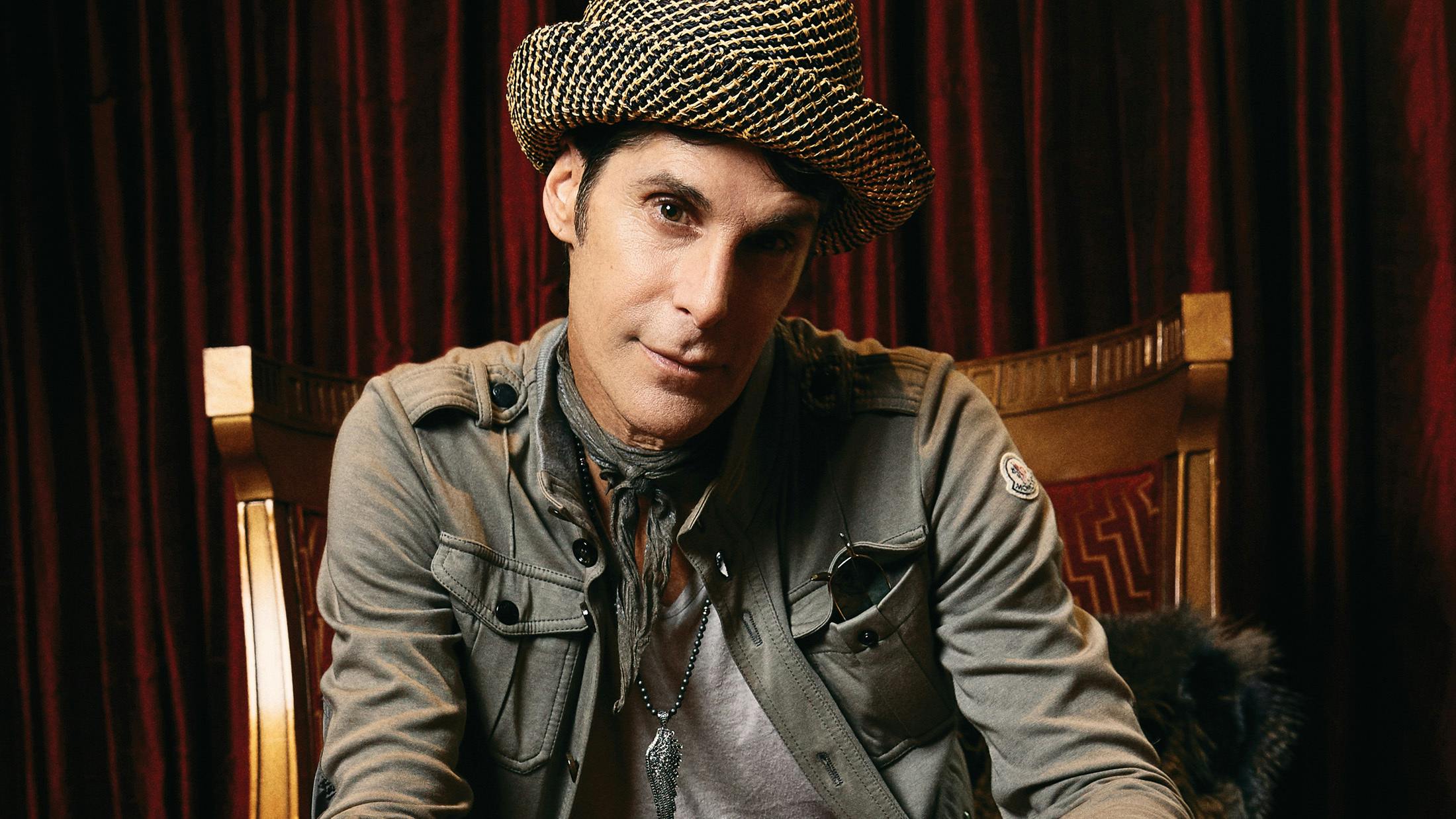Why did you release this retrospective now?
“The charge was actually led by my management, who went back and listened to the work I’d done and said: ‘You’ve never been fully realised, and we think it’s time that you put this work out in an organised manner.' They went looking for everything that I’d done, including my first group Psi Com. Somebody actually found the masters for Psi Com in the trash and retrieved them. That’s how little I was paying attention, shall we say, in those days. Back then my attitude was: ‘What I’m about to witness is for my eyes and ears only, and that will make it really valuable.' That sounds naïve, but in the long run it worked out that way. Psi Com wasn’t heard by a lot of people. We made the record for $500. It’s great to have it now, though, as a way to connect with my past.”
Some artists can be self-conscious when sharing their early musical forays. Is that something you’ve ever felt?
“I’m not ashamed of Psi Com at all – I’m very proud of it! I liked where I was coming from. Desolation Center [a documentary included with the set] fills in the scene around Psi Com in downtown Los Angeles during the early ’80s. We’d congregate in desolate buildings, which we’d fill with artists and musicians, and throw underground parties. When we got bored of that, we’d go out into the California desert and throw the first desert parties, which featured performances by Minutemen, Sonic Youth and Einstürzende Neubauten. We were wild and free and under the radar.”
How do you feel about the tag ‘The Godfather of Alternative Rock’?
“It’s a nice title, right? I’ll take being called The Godfather! As well as working on my own art and music for 30 years, I’ve been trying to establish that beautiful silk road for musicians to travel around the world and have fantastic audiences wherever they go with Lollapalooza, so I do feel I have a responsibility to the younger generation – and all generations – of musicians.”
Your debut solo album, Song Yet To Be Sung, was released the same year you went to the Sudan – one of many examples of your humanitarian efforts. What are your memories of that time?
“At that time I had a friend, who we’ll call Aaron the high priest, who came to see me at my house after I’d be partying for several days and told me what was happening in Sudan. People were entering villages on horseback there, setting fire to them, killing the men, and capturing the women and children. I said I would help, of course, so I put Jane’s Addiction back together, put a surcharge of $1 on every ticket, and ended up with $100,000 or more. I changed that money into Sudanese currency and we flew into south Sudan, where the people were enslaved. We traded currency there for human lives with slave owners who had machine guns. I ended up under a tree with a few thousand people, who thought I was their new slave owner. I brought a boom box with great music on it, and the people didn’t really know what I was doing until I handed them the mic and they broke out in celebration. Later we returned the women and children to the chiefs of their villages.
"Aaron got hold of [U2 frontman] Bono, and then Bono, [Radiohead’s] Thom Yorke, Bob Geldof and I flew to Germany to speak to… I don’t think it was the G7 as not everyone was part of it then, but it was that same organisation… and we asked if they’d forego the debt to the world’s poorest countries, which they did. That’s what the premise of Song Yet To Be Sung was. When the slaves were led out of Egypt by Moses and reached the other side of the Sea of Reeds [The Red Sea], Moses’ sister began to sing this wonderful song to god. They were promised there would be another occasion in the future when they’d all be free, so that’s where the title came from.”
